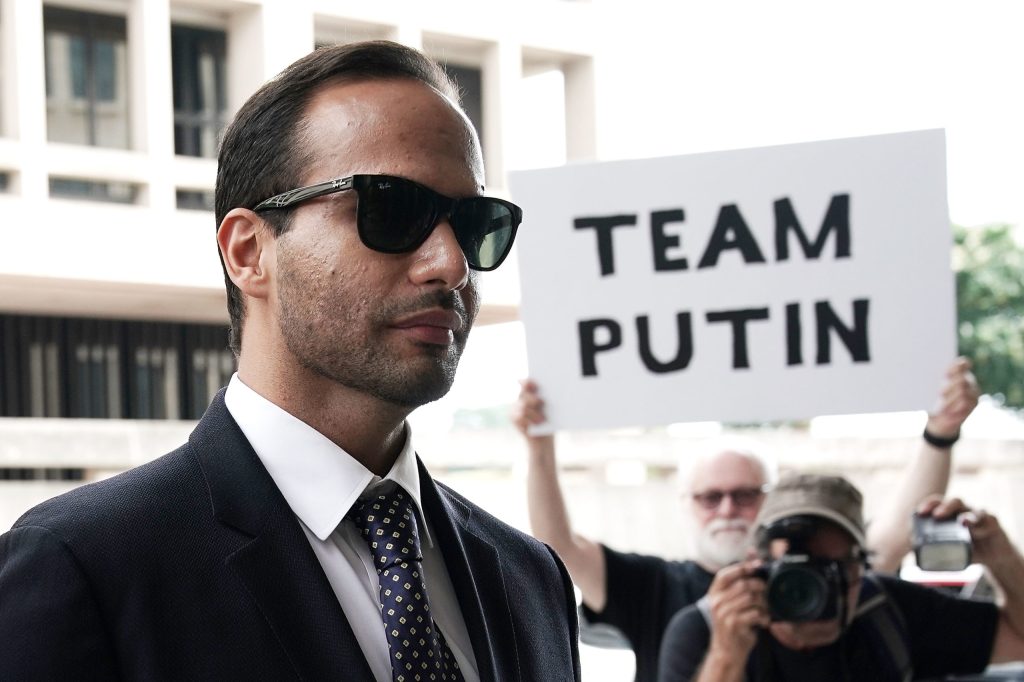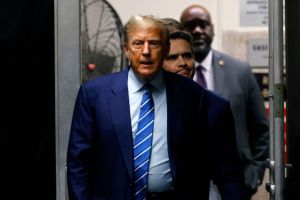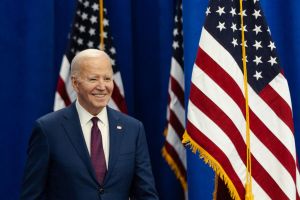It’s been over three years since the FBI first launched its investigation into an alleged conspiracy between the 2016 Trump campaign and the Russian government, and yet we’re still learning just how badly our intelligence agencies bungled Crossfire Hurricane.
The president and his allies have been arguing since the probe went public that it was all a ‘witch hunt’ designed to put a stop to or delegitimize his electoral victory. Subsequently released details about the investigation seemed to track with that theory: Inspector General Michael Horowitz, for example, chided the FBI in a December report for failing to fulfill its full obligations when seeking FISA warrants against former Trump campaign official Carter Page. Sens. Chuck Grassley and Ron Johnson have since managed to make more of those applications and other relevant transcripts available to the public, and the results are beyond disturbing.
First, the new declassifications reveal the extent to which the FBI omitted potentially exculpatory evidence in its FISA applications. Crossfire Hurricane was started because the FBI received a tip from an Australian diplomat that Trump campaign official George Papadopoulos mentioned that Russia had information that could potentially help the Trump campaign. But in subsequent meetings with two FBI confidential human sources, according to newly released transcripts, Papadopoulos sharply denied any coordination between the campaign and Russia.
‘Assange…no one knows what he’s going to release,’ Papadapoulos told one CHS, Stefan Halper, undercutting the idea that the campaign was working with WikiLeaks on the release of stolen documents. ‘This could be a ploy to basically dismantle, to undercut the next president.’
When asked again about potentially working with WikiLeaks or the Russians, Papadopoulos replied, ‘Well as a campaign, of course, we don’t advocate for this type of activity because at the end of the day it’s illegal.’
‘This is a form of treason,’ he added.
All of these comments were recorded before the FBI’s first application to spy on Carter Page, but according to a 2018 letter from assistant attorney general John Demers, they were not made known to the FISA court. Nor were Carter Page’s denials to Stefan Halper that he worked as an intermediary to Russia on behalf of Trump campaign manager Paul Manafort, which was a key allegation in the Steele dossier. These omissions raise questions about whether FBI officials sought to mislead in order to prop up a faulty investigation against the Trump campaign. If the facts were on the FBI’s side, why would they need to leave Papadopoulos’s comments out?
In addition, the FBI did not inform the FISA court about various misgivings they should have had about Christopher Steele, the former British agent hired by Fusion GPS to dig up dirt on Trump, and his dossier. The FBI did not even seek to establish Steele’s credibility until weeks after they had already used his dossier to get a FISA warrant against Carter Page, despite an FBI unit raising red flags in 2015 about Steele’s ties to Russian oligarchs. And then, when multiple sources told the FBI in late 2016 that they had concerns about Steele’s ‘judgment,’ the FBI still forged ahead on three additional applications without disclosing these concerns. Even worse, by 2017, the FBI received evidence that Steele’s dossier included Russian disinformation. That, too, was not revealed to the FISA court.
To summarize, the FBI deployed disinformation and covered up exculpatory evidence to continue an investigation that was already established on shaky ground. Despite these new revelations, few within the bureau have been held accountable for their actions.


















